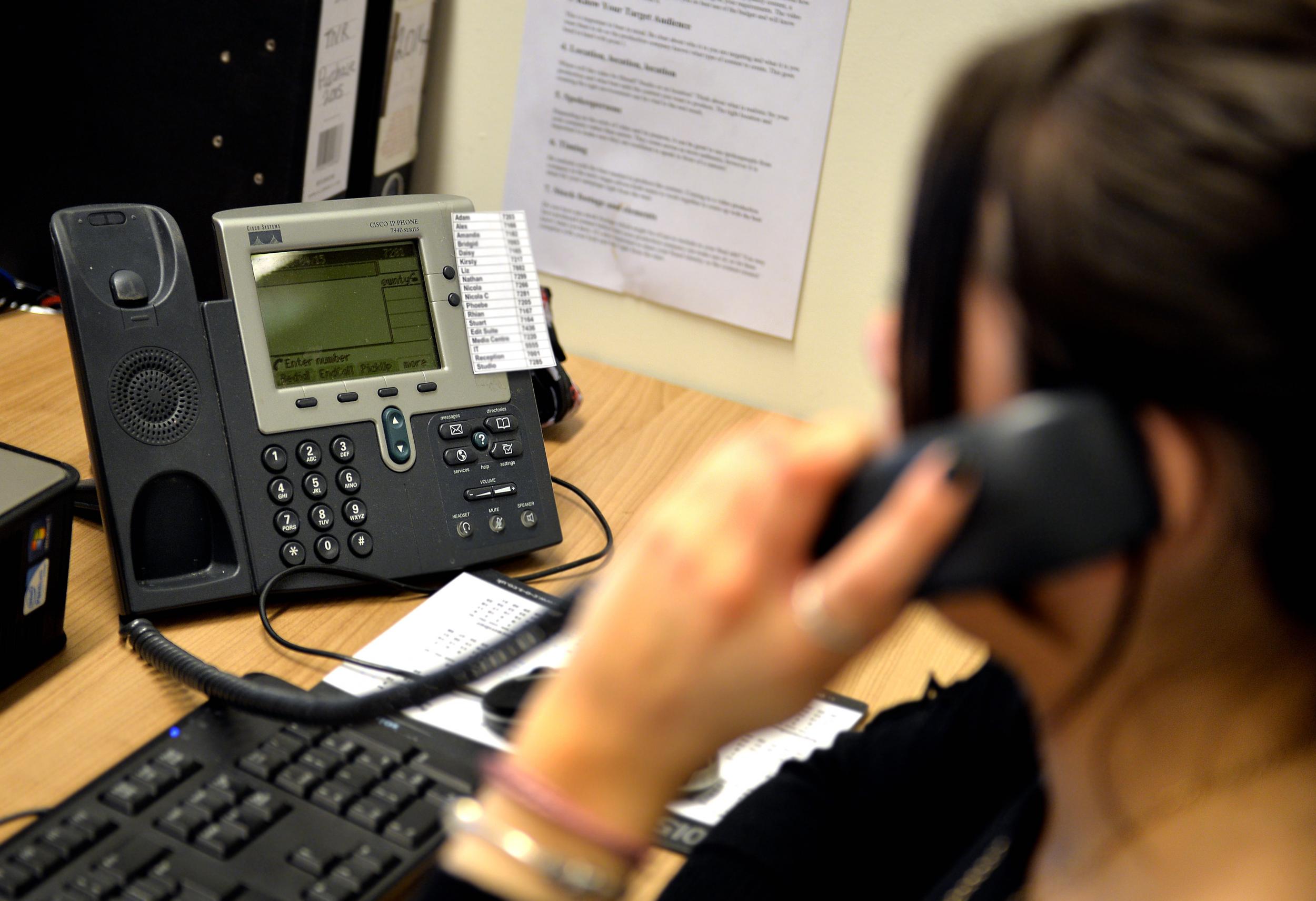Racial inequality is 'factor in shaping gender pay gap', research finds
Black African women have seen virtually no progress since the 1990s in closing the gender pay gap with white British men

Your support helps us to tell the story
From reproductive rights to climate change to Big Tech, The Independent is on the ground when the story is developing. Whether it's investigating the financials of Elon Musk's pro-Trump PAC or producing our latest documentary, 'The A Word', which shines a light on the American women fighting for reproductive rights, we know how important it is to parse out the facts from the messaging.
At such a critical moment in US history, we need reporters on the ground. Your donation allows us to keep sending journalists to speak to both sides of the story.
The Independent is trusted by Americans across the entire political spectrum. And unlike many other quality news outlets, we choose not to lock Americans out of our reporting and analysis with paywalls. We believe quality journalism should be available to everyone, paid for by those who can afford it.
Your support makes all the difference.The gender pay gap in Britain is shaped by racial inequality, with some minority ethnic groups making great strides while pay for others lags far behind, analysis suggests.
Black African women have seen virtually no progress since the 1990s in closing the gender pay gap with white British men, with a full-time pay gap of 21.4% in the 1990s and 19.6 per cent today, according to the Fawcett Society.
The women's rights and gender equality campaigning charity looked at pay data from the 1990s until the 2010s.
Over that time most ethnic minority women have seen their incomes rise, both on their own terms and in comparison to men's incomes, the report said.
Women from almost every minority ethnic group experience a pay gap with white British men, and that full-time pay gap can range from a reversed gender pay gap of -5.6 per cent for Chinese women in Great Britain to the 19.6% for black African women.
The report said women of most ethnic minority groups experience a gender pay gap when compared with men of the same ethnicity.
Indian women experience the widest full-time gender pay gap of this type with Indian men of 16.1 per cent, compared to 5.5 per cent for the equivalent gender pay gap between Pakistani and Bangladeshi men and women.
The exception is black Caribbean women's reversed gender pay gap with black Caribbean men of -8.8 per cent.
While Chinese women in Britain have closed their gender pay gap with white British men to -5.6 per cent, their gender pay gap with Chinese men has widened over the past decade from 4.6 per cent to 11.5 per cent.
Pakistani and Bangladeshi women have the largest gender pay gap of all, with their aggregate (full and part-time) gender pay gap with white British men standing at 26.2 per cent.
White Irishwomen have seen the most progress since the 1990s, overtaking white Irishmen and white British men and now have a -17.5 per cent full-time pay gap.
The charity said this is largely due to generational factors as they are more likely to be older, working full-time or in senior or managerial roles.
Sam Smethers, chief executive of the Fawcett Society, said: "This analysis reveals a complex picture of gender pay gap inequality.
"Black African women have been largely left behind, and in terms of closing the pay gap, Pakistani and Bangladeshi women are today only where white British women were in the 1990s.
"For these groups this is a story of low labour market participation and low pay when they are in work together with high levels of unpaid caring work."
She added: "For women in some ethnic groups a combination of higher education, concentration in better paid professions and more women working full-time has seen their gender pay gap narrow or even reverse when compared with white British men.
"However, when compared with men of their own ethnicity the pay gap has either widened over time (Chinese women) or narrowed at a much slower rate (Indian women), indicating that they are still experiencing gender inequality.
"The exception to this is black Caribbean men who are faring considerably worse in the labour market both in terms of pay and participation than black Caribbean women.
"However, black Caribbean women still experience discrimination."
Press Association
Join our commenting forum
Join thought-provoking conversations, follow other Independent readers and see their replies
Comments